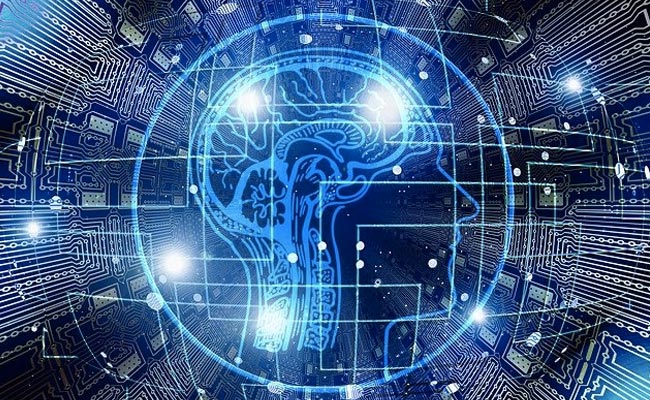
The companies announced the agreement at the Munich Security Conference (Delegate)
OpenAI, Amazon, Google and 17 other major players in artificial intelligence technology have formed a coalition to try to prevent artificial intelligence from being used to deceive voters in upcoming global elections.
The companies announced the agreement at the Munich Security Conference on Friday, making a series of commitments to try to detect AI-powered election misinformation, respond to it and raise public awareness of potential deception.
The proliferation of artificial intelligence has made it increasingly easier to create realistic fake images, audio and video, raising concerns that the technology will be used in a year when elections will determine the leadership of 40% of the world’s population Mislead voters. Last month, an AI-generated audio message sounded like President Joe Biden was trying to dissuade Democrats from voting in the New Hampshire primary.
The companies committed to using technology to reduce the risk of AI-generated election content in the agreement, called the “Technology Agreement to Combat the Deceptive Use of Artificial Intelligence in the 2024 Elections.” They also pledged to share information with each other on how to deal with bad actors.
“AI did not create election fraud, but we must ensure it does not enable it,” Microsoft President Brad Smith said in a press release announcing the agreement.
Adobe Inc., ByteDance Ltd.’s TikTok and International Business Machines Corp. are among the signatories, as well as startups such as Anthropic and Inflection AI. The agreement also includes social media companies Meta Platforms Inc., X and Snap Inc.
“The intentional and undisclosed generation and dissemination of deceptive AI election content could deceive the public in a manner that compromises the integrity of the electoral process,” the agreement said.
The new agreement will seek to limit digital content that falsifies the words or actions of political candidates and other electoral participants, given the growing phenomenon of genuine forgery of candidates’ voices and likenesses.
However, many tech companies say they are nervous about the possibility that AI-generated content could be misused for politics. The system developed by Meta will initially only detect fake images, not audio or video, and may miss images that have had their watermarks removed.
“We’re not in an easy mood,” OpenAI CEO Sam Altman said at a Bloomberg event at the World Economic Forum last month. “We’re going to have to watch this very closely this year. “






